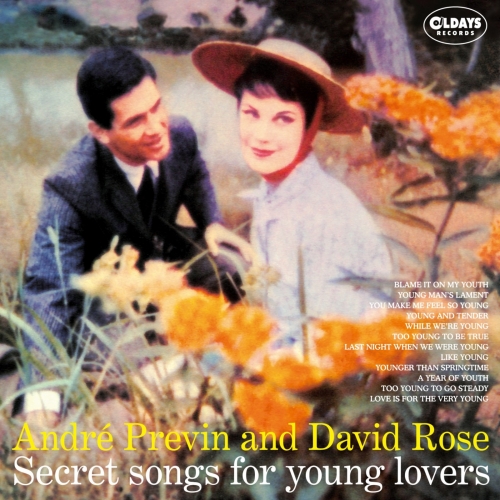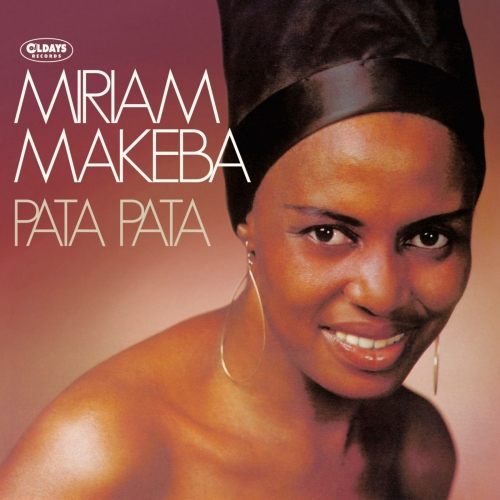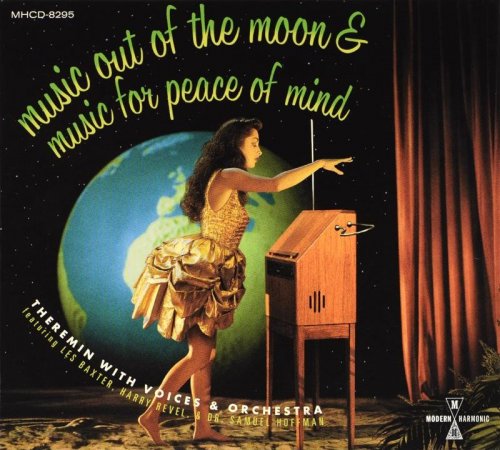Trio Estampe, Nicolas Bone - Max Bruch: Piano trio Op. 5 & 8 pieces, Op. 83 (2011) [Hi-Res]
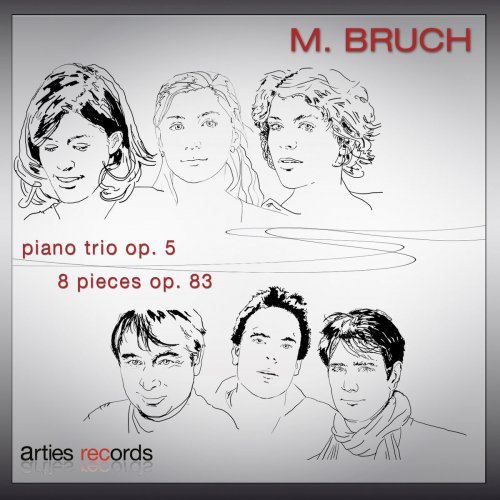
Artist: Trio Estampe, Nicolas Bone, Olivier Patey & Emmanuel Christien
Title: Max Bruch: Piano trio Op. 5 & 8 pieces, Op. 83
Year Of Release: 2011
Label: ARTIES RECORDS
Genre: Classical
Quality: flac lossless / flac 24bits - 96.0kHz +booklet
Total Time: 00:56:12
Total Size: 240 / 952 mb
WebSite: Album Preview
TracklistTitle: Max Bruch: Piano trio Op. 5 & 8 pieces, Op. 83
Year Of Release: 2011
Label: ARTIES RECORDS
Genre: Classical
Quality: flac lossless / flac 24bits - 96.0kHz +booklet
Total Time: 00:56:12
Total Size: 240 / 952 mb
WebSite: Album Preview
---------
01. Piano trio in C Minor, Op. 5: I. Andante molto cantabile
02. Piano trio in C Minor, Op. 5: II. Allegro assai
03. Piano trio in C Minor, Op. 5: III. Presto
04. 8 pieces for clarinet, viola and piano, Op. 83: I. Andante
05. 8 pieces for clarinet, viola and piano, Op. 83: II. Allegro con moto
06. 8 pieces for clarinet, viola and piano, Op. 83: III. Andante con moto
07. 8 pieces for clarinet, viola and piano, Op. 83: IV. Allegro agitato
08. 8 pieces for clarinet, viola and piano, Op. 83: V. Rumänische melodie : Andante
09. 8 pieces for clarinet, viola and piano, Op. 83: VI. Nachtgesang : Andante con moto
10. 8 pieces for clarinet, viola and piano, Op. 83: VII. Allegro vivace, ma non troppo
11. 8 pieces for clarinet, viola and piano, Op. 83: VIII. Moderato
Max Bruch’s compositions shine the last lights of German romanticism. Following in the footsteps of Felix Mendelssohn, Robert Schumann and Johannes Brahms, Bruch persisted in defending a melodic line inspired by popular culture, “one can only hope in these times that are hostile to melody”.
Today, this is at the heart of the beauty of his chamber music, a final and fitting testimony of 19th century Germany.The Trio op. 5 for violin, cello and piano was started in Leipzig in 1857 and finished a few months later. It is his first mature work as a young musician. Beyond the obvious influence of Mendelssohn and Schumann, the Trio is a testimony of the profound coherence of the composer: his melodic grace, his resolutely romantic expression are to be found here for the first time, but these are characteristics of his compositional output. Composed in 1911, the Eight Pieces ring like a goodbye to German romanticism such as Schumann and his Märchenerzählungen. As Schumann did before him, Bruch’s structures now favour a “character piece”, going away from the rigid frame of the Sonata.
Trio Estampe:
Mathilde Borsarello-Herrmann, violin
Caroline Boita, cello
Claudine Simon, piano Olivier Patey, clarinet
Nicolas Bône, alto
Emmanuel Christien, piano
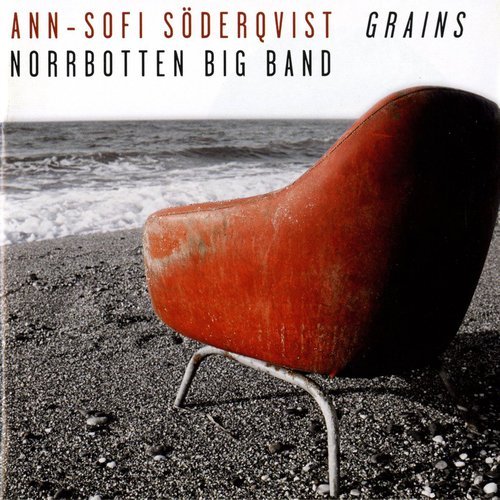
![Gal Golob - Gal Golob Trio Live at Jazz Cerkno (Live) (2025) [Hi-Res] Gal Golob - Gal Golob Trio Live at Jazz Cerkno (Live) (2025) [Hi-Res]](https://img.israbox.com/img/2026-02/09/0sr1cx835g04x8g6nfpgvtips.jpg)
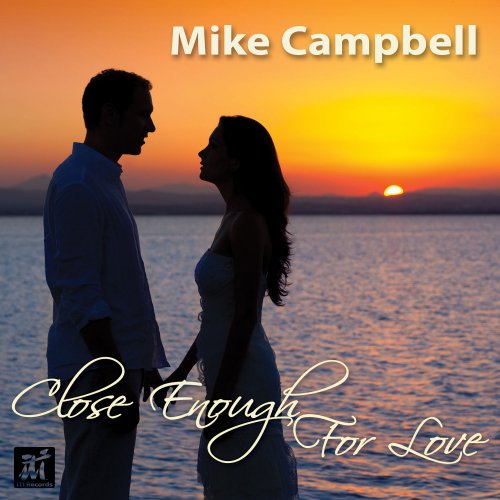
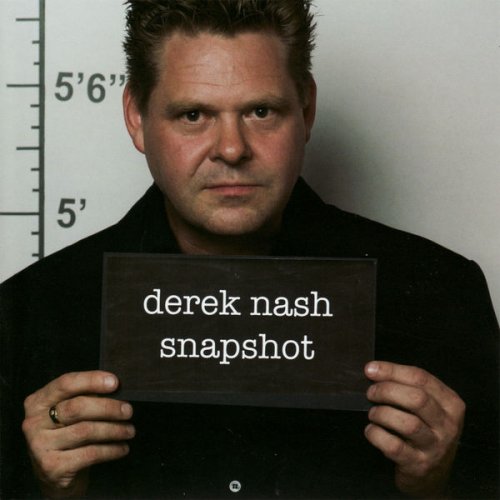
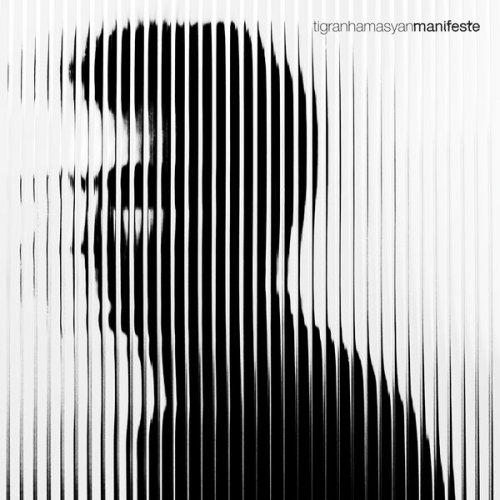
![Ivan the Tolerable - House Of The Hidden Light (2025) [Hi-Res] Ivan the Tolerable - House Of The Hidden Light (2025) [Hi-Res]](https://img.israbox.com/img/2026-02/09/w0ewoyh3ruhx4erd1r1jm9l0r.jpg)
